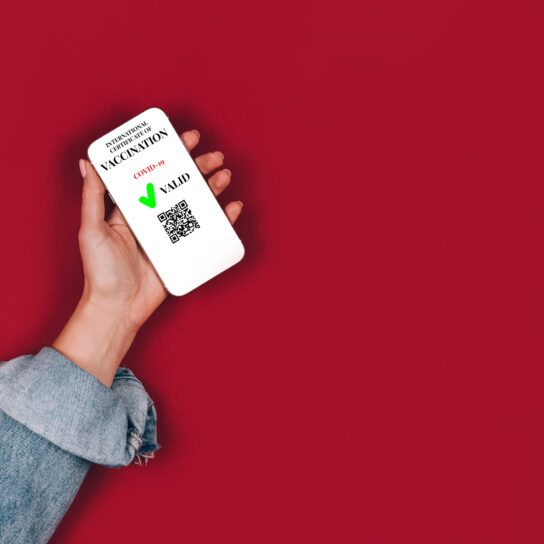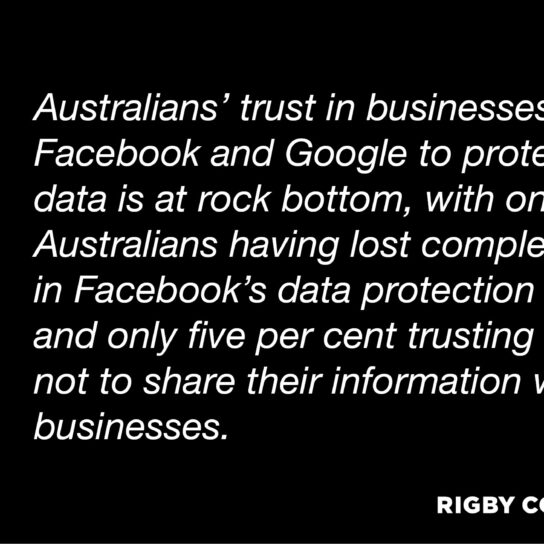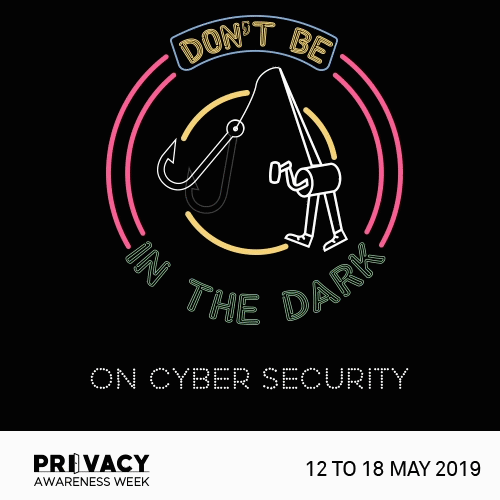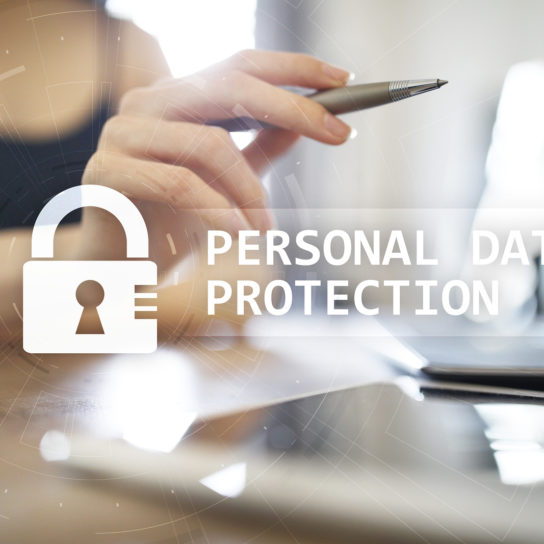A new statutory tort for serious invasions of privacy came into effect on Tuesday 10 June, 2025. This new tort was introduced under the Privacy and Other Legislation Amendment Act 2024 (Cth) and provides an avenue for individuals to seek damages against persons or companies that commit a serious invasion of privacy — either through intrusion into their personal space or misuse of their information.
Category: Privacy & Data Protection
Our latest news and insights
A collection of articles, case studies and media releases highlighting the latest in legal news and at Rigby Cooke Lawyers.

Have you been doxxed? Here’s what you need to know
In response to growing concerns over online harassment and the malicious exposure of personal information, the Australian Government introduced new criminal offences targeting doxxing in the Privacy and Other Legislation Amendment Act 2024 (Cth) in December 2024.
In this article, we explain doxxing and the two new criminal offences, which are now part of the Criminal Code Act 1995 (Cth).

Businesses beware — individuals can now claim damages for a serious invasion of privacy
In late 2024, the Privacy and Other Legislation Amendment Act 2024 (Cth) introduced a new statutory tort for serious invasion of privacy. This development marks a significant evolution in the Australian privacy law legal landscape, providing individuals with a clear and actionable right to seek redress for serious breaches of their privacy. It reflects growing public concern over personal information misuse and affirms the importance and value placed on privacy protection.
In this article, we explain the elements of the new tort of the serious invasion of privacy, the defences available for defendants and the damages available to complainants.

Updates to the Privacy Act and Australian Privacy Principles
On 10 December 2024, the Privacy and Other Legislation Amendment Act 2024 (Cth) received Royal Assent introducing significant amendments to the Privacy Act 1988 (Cth) (Privacy Act) and the Australia Privacy Principles (APPs).

Vaccination status and the Privacy Act
- Businesses must remember their privacy obligations when collecting vaccination status information (and other sensitive information) about employees, contractors and other visitors to the workplace.
- Unless collection is required or authorised by law, informed consent is generally required for the collection of sensitive information.
- Businesses must provide a Collection Notice to all individuals, including employees, even if consent to collection is not required.
- Only the minimum amount of personal information reasonably necessary to prevent or manage COVID-19 or required by law should be collected, used or disclosed.

Privacy Week: Australians lose confidence in big brands data protection policies
As Privacy Awareness Week 2021 draws to a close, Rigby Cooke Lawyers are sharing the results of research recently undertaken by Kantar Australia on behalf of the firm, and what this means for businesses.

HR Hot Tip – Is your business doing enough to protect workers’ personal information?
Welcome to our series of HR interviews with Lawyer Monika Nosal who answers some of the most common questions asked by HR managers regarding employees’ legal entitlements.

Myth v Fact – We only have to worry about a data breach if we get hacked
A data breach occurs when personal information is subject to unauthorised access or disclosure or if information is lost in circumstances where unauthorised access or disclosure is likely. A breach must be notified to the Office of the Australian Privacy Commissioner (OAIC) and all affected individuals when one or more individuals are likely to suffer serious harm as a result of the breach.

Myth v Fact – When we share our customers’ personal information with our contractors, their handling practices are not our problem
Turn your mind to the other businesses with which you share personal information – they may be based in Australia or overseas, they may receive personal information about a single customer (for example, to facilitate delivery of an order), or whole databases (for example, to carry out marketing campaigns or store your CRM).

Myth v Fact – We don’t collect sensitive information, so we don’t need to worry
It is a common misconception that ‘personal information’ is a reference to sensitive information like health, medical or financial information. This is not true. Personal information captures any information about an identifiable person.

Privacy Week wrap up – What have we learnt?
As Privacy Awareness Week 2020 draws to a close we reflect on what businesses can do to ‘Reboot your privacy’ as well as some current hot topics in the Australian privacy space:

Data Breach – the first “Class Action” complaint made against Optus
- Many Australian businesses must disclose when they have been affected by a data breach
- While reputational damage is a critical risk for businesses, there is also the threat of monetary penalties of up to $2.1 million and orders of uncapped compensation
- A representative complaint – similar to a class action – has been made against Optus on behalf of a group of individuals affected by an alleged breach in 2019.

Myth v Fact – Small Business and the Privacy Act
We’re a small business. The Privacy Act and Notifiable Data Breach Scheme don’t apply to us.
Generally, businesses do not need to comply with the Privacy Act until their annual turnover reaches $3 million. However, some businesses are required to comply regardless of their size.

Privacy and Working From Home
- Privacy Awareness Week – an opportunity for all organisations to ‘Reboot your privacy’
- Organisations are responsible for the actions of their employees – this calls for innovation when ensuring the security of personal and confidential information in the “home office”
- To be effective, privacy and security arrangements must include appropriate training, clear and documented policies and procedures and management oversight.

Protecting personal information in a pandemic
All Australian organisations are facing unfamiliar challenges and pressures as they manage and adapt their business operations in these unprecedented times. It is definitely not “business as usual”.
However, it is important for businesses not to lose sight of their privacy and data protection obligations during this time. This is particularly so as businesses are collecting more detailed and sensitive information about employees, contractors, visitors and other individuals that interact with their business to help manage the spread of COVID-19 and many workplaces have moved to remote working arrangements.

Notifiable Data Breaches scheme – do you know when you need to notify?
The Commonwealth Notifiable Data Breaches (NDB) scheme has now been in place for over 18 months and has been widely publicised. Your organisation should be aware of its obligations and have a data breach response plan in place so that quick action can be taken if a breach occurs or is suspected to have occurred.

Biometric Fingerprinting and Unfair Dismissal
Safety v privacy: In a landmark decision, the Fair Work Commission (FWC) Full Bench has held that an employee was unfairly dismissed for refusing to use biometric scanners to sign in at work.

Tougher penalties to be introduced under the Privacy Act
Businesses operating in Australia are subject to a kaleidoscope of constantly evolving privacy obligations. As privacy week draws to a close, it is an opportune time to look forward to how the privacy landscape might change in the future, subject to the outcome of tomorrow’s federal election.
